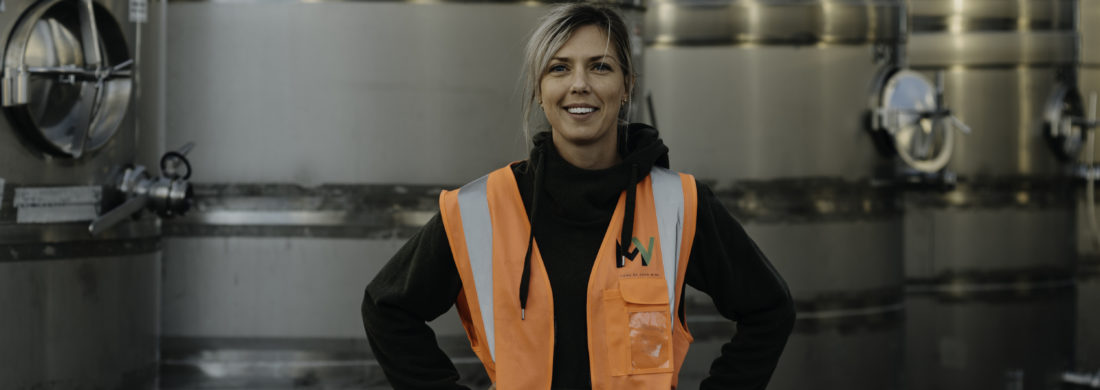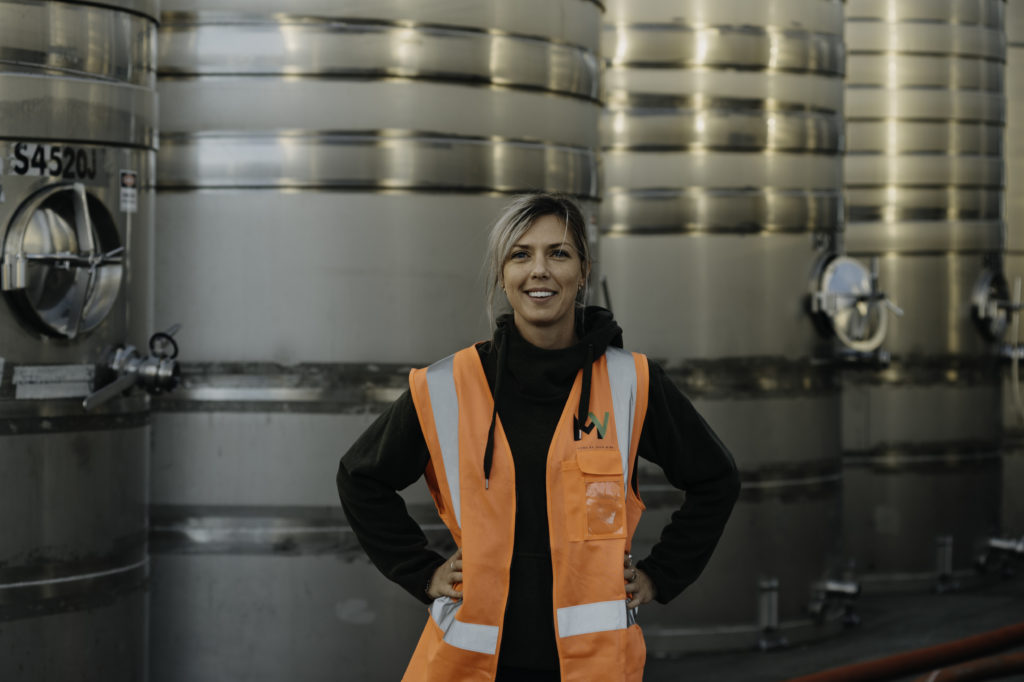
Ambitious young winemaker with sustainability at heart

One of New Zealand’s youngest woman winemakers is putting sustainability at the heart of her professional development as she seeks to drive glass recycling in the industry.
Founder and winemaker of 3sixty2 wines, Alice Rule, is conducting research on ways to improve the circular economy of glass in the New Zealand wine industry. Her work will also look at the possible impacts of a container deposit scheme on the sector.
Her work is being funded in equal parts by the Glass Packaging Forum (GPF) and AGMARDT through its Capability Development Grant. The GPF manages the country’s only accredited product stewardship scheme for container glass, while the AGMARDT grant promotes long-term commitment and benefits to New Zealand agribusiness.
Alice is taking part in the Kellogs Rural Leadership Programme, of which her research is a mandatory component. Through her work she hopes to drive awareness about using glass made in New Zealand in the wine industry.
Glass is the country’s best example of the circular economy in action, Alice says. “It’s infinitely recyclable without losing quality and also reduces the need for virgin materials as well as reducing emissions from the furnace.”
All recycled glass in New Zealand goes to the country’s only glass bottle and jar manufacturer O-I NZ in Auckland. “I want to improve people’s understanding of the repercussions of wineries buying glass offshore and not recycling. And, make them want to be part of the recycling process,” she says.
Alice, who grow her grapes in the Waihopai Valley in Marlborough, has a passion for the circular economy within the wine industry post production.
Part of Alice’s research will involve conducting a survey among the New Zealand wine industry. “I would really love wineries to engage with me because this research concerns them all. The more information I can get, the better understanding I can get, which will only be of benefit to everyone,” she says.
Alice has begun her research and is appealing to the industry to take part in her survey.
The GPF uses funds from member levies to fund projects which improve the quality and quantity of glass available for recycling. It also funds alternative uses as well as research.


